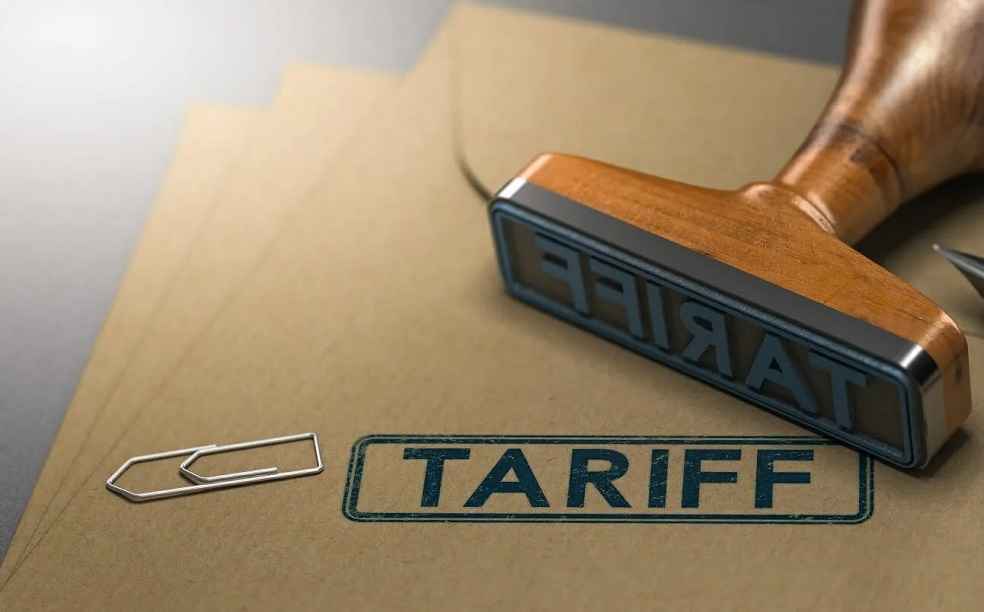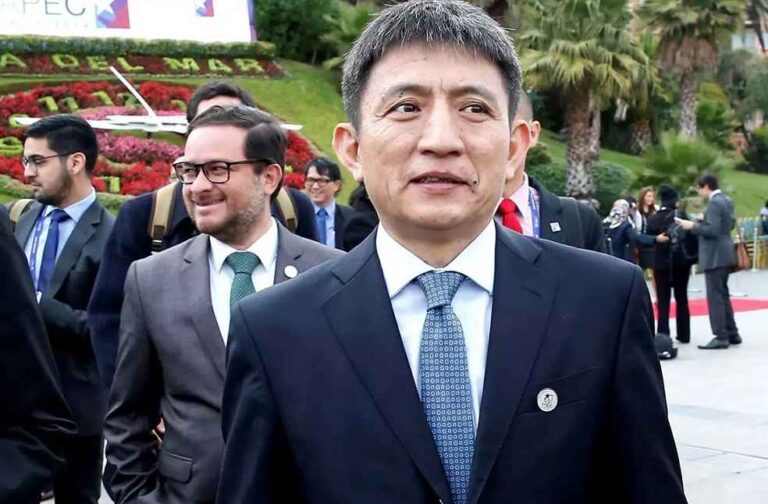China has appointed Li Chenggang as its new chief international trade negotiator, replacing Wang Shouwen, who played a key role in negotiating the 2020 trade agreement with the United States. The leadership change comes amid rising tariff tensions between the world’s two largest economies.
The US recently escalated its trade policy by imposing tariffs of up to 145% on Chinese exports, while granting a 90-day tariff reprieve to most other nations. In response, Beijing announced retaliatory duties of 125% on American exports. The developments mark another chapter in the ongoing trade friction, with both sides hardening their positions.

Although China reported a 5.4% annual economic growth rate for the first quarter of 2025, driven largely by strong export performance, analysts warn of a slowdown as the new US tariffs take effect. Exports played a significant role in supporting China’s 5% growth rate in 2024, which also aligns with the country’s official target for this year.
Sheng Laiyun, spokesperson for the National Bureau of Statistics, acknowledged that the tariffs would exert short-term pressure on the economy but affirmed they would not hinder China’s long-term growth trajectory.

Beijing has also reiterated its commitment to maintaining an open economy, encouraging trade and investment despite external pressures. At the same time, officials have suggested diversifying economic partnerships beyond the US, with a focus on Europe and developing nations. However, with domestic consumption still weak, replacing the US market remains a challenge.
The shift in negotiators coincides with other strategic moves by China, including expanded export controls on rare earth elements, critical materials in high-tech, aerospace, and defence industries. While no official explanation was given for the change in leadership, the move signals a recalibration of China’s trade negotiation strategy amid intensifying global economic competition.
TRADE WORLD | Indonesia to Expand U.S. Imports Ahead of Washington Visit



